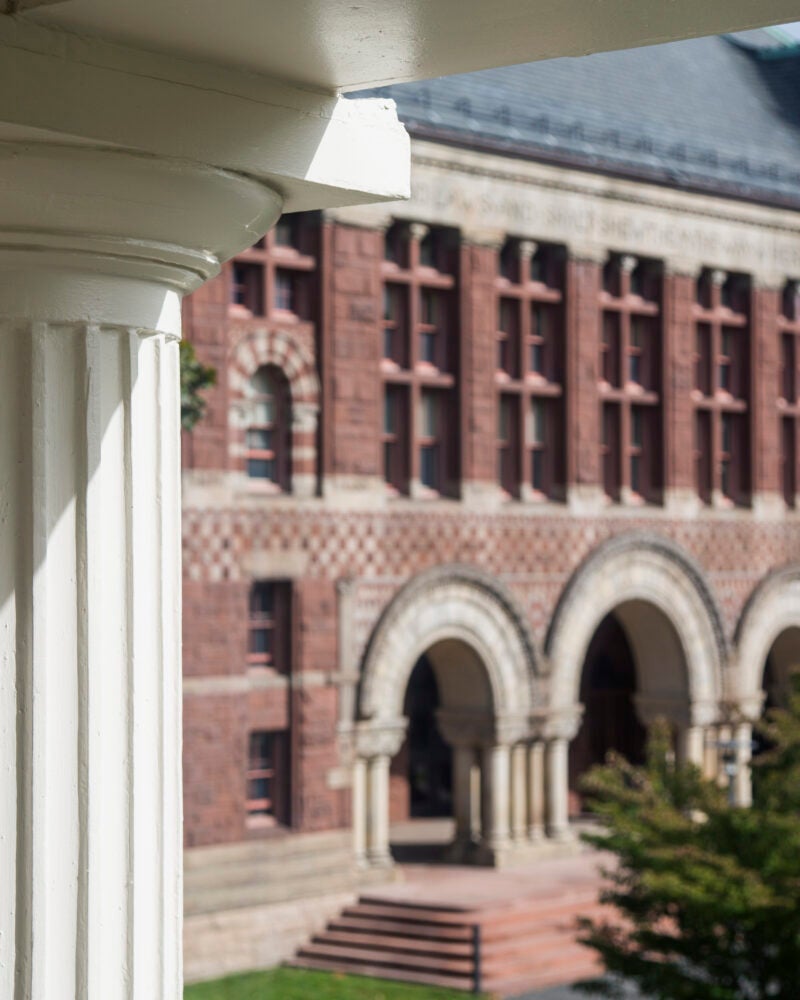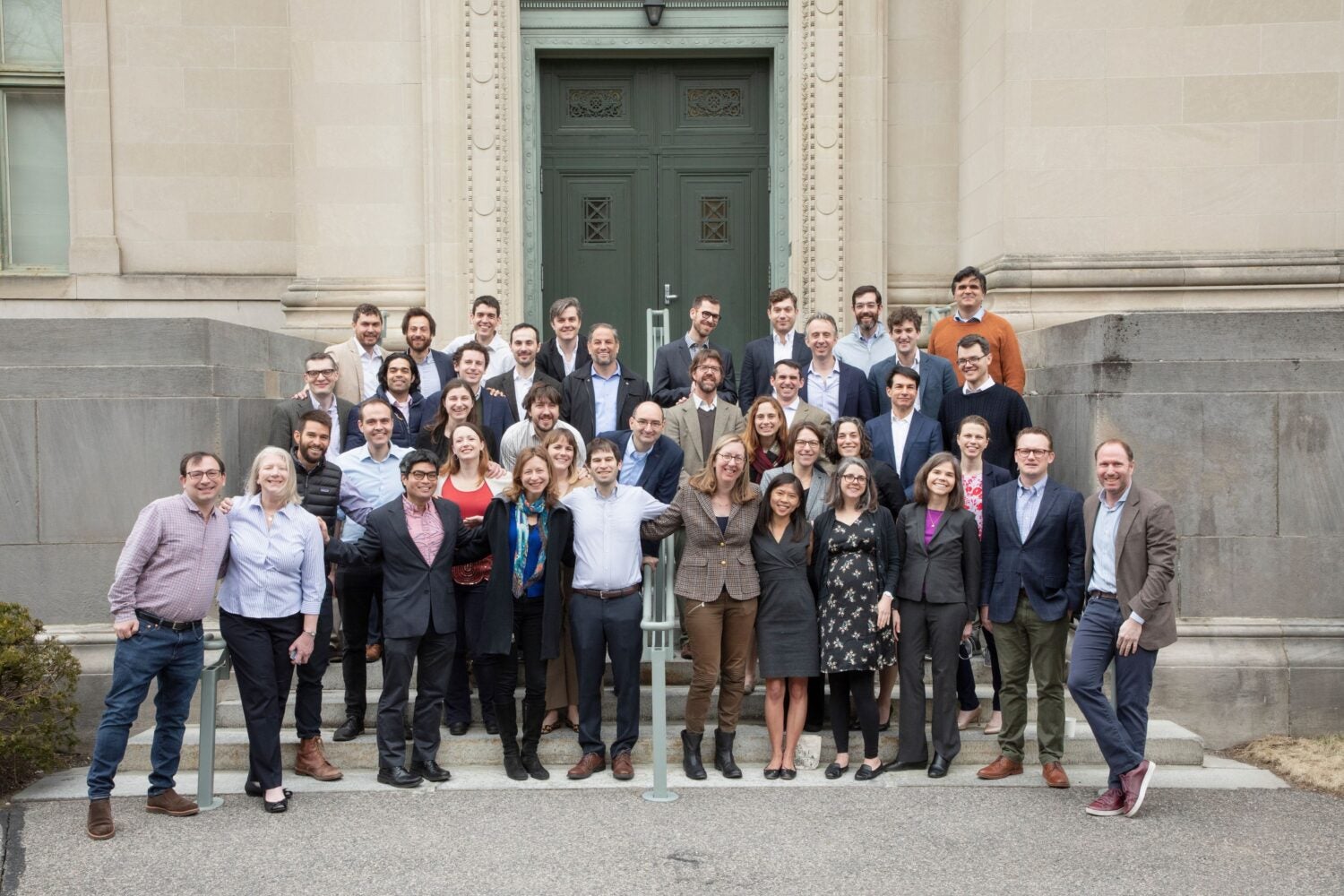Climenko Fellows are promising legal scholars with high academic achievements and a strong interest in teaching. The Fellows will teach the Program and devote themselves to scholarship in preparation for entry into the teaching market.
Explore Resources for Climenko Fellowship
-
Current Climenko Fellows
See our current Fellows.
-
Climenko Fellow Alumni
View an interactive map of where past Climenko Fellows started their teaching careers after completing their Fellowship.
-
Climenko Fellowship Staff
View details on our staff and administrators.
-
How to Apply
Submit your application for the Climenko Fellowship.
-
Law Teaching
Click here for more information to guide your consideration of law teaching as a career.
-
Legal Writing in Focus
Improve your writing by reading good writing.
Interview with Susannah Barton Tobin in Harvard Law Today.

First-Year Legal Research and Writing Program
This is a series of sequenced, interrelated exercises introducing students to the way lawyers conduct legal research, analyze and frame legal positions, and present their work in writing and in oral argument. The course includes weekly meetings led by Climenko Fellows, library staff, and upper class teaching assistants.
